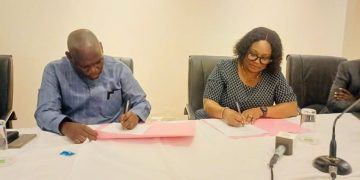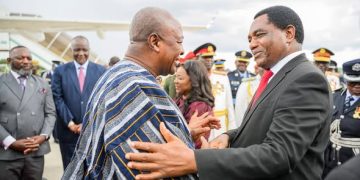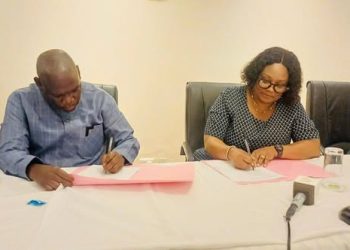By Mumbi Kalimba Kaseshya
The article by Ambassador Emmanuel Mwamba presents a one-sided critique of President Hakainde Hichilema’s actions and decisions over the past three years, failing to consider the broader context and potential benefits of these decisions.
Firstly, President Hichilema’s invitation to Nelson Chamisa, the leader of Zimbabwe’s Citizens Coalition for Change (CCC), to his inauguration should be viewed as a positive step towards fostering regional democracy and political inclusivity. Inviting opposition leaders from neighboring countries signals a commitment to democratic principles and encourages dialogue across political divides. This should not be dismissed as merely an extension of opposition politics but rather recognized as a move to promote political harmony and stability in the region.
Regarding the establishment of the United States AFRICA COMMAND (AFRICOM) presence in Zambia, the article raises concerns about potential regional instability. However, AFRICOM’s involvement can also be seen as an opportunity for enhanced security cooperation, training, and capacity building. AFRICOM’s presence does not necessarily imply the establishment of military bases but can involve collaborative efforts to combat terrorism, piracy, and other security threats that affect the region. Criticizing this decision without acknowledging its potential benefits for regional security and stability presents an incomplete picture.
The strategic alignment of Zambia with the USA for the supply chain of critical minerals is a pragmatic move in today’s global economy. Zambia, along with the Democratic Republic of Congo (DRC) and Zimbabwe, holds significant reserves of minerals essential for the green economy. Engaging with the USA can bring investment, technological advancements, and economic growth to Zambia. The article overlooks the fact that countries need to navigate complex international partnerships to optimize their economic interests. Zambia’s agreements with the USA are strategic decisions aimed at ensuring economic development and should not be seen as antagonistic to regional relations.
The appointment of Dr. Nevers Mumba as Head of the SADC Electoral Observation Mission to Zimbabwe’s 2023 elections has been criticized in the article for perceived bias. Election observation missions play a crucial role in ensuring free and fair elections, and accusations of bias should be substantiated with clear evidence. Dismissing the entire observation mission based on alleged bias without concrete proof undermines the efforts to promote electoral integrity and transparency in the region.
President Hichilema’s decision to delegate his attendance at President Mnangagwa’s inauguration to his Foreign Affairs Minister, Hon. Stanley Kakubo, should not be viewed as a diplomatic slight. Delegation is a common practice in international relations and does not necessarily indicate a lack of respect or diplomatic rift. This decision allowed President Hichilema to focus on other pressing national and regional issues, demonstrating effective governance and prioritization.
The recent appeal by President Emmerson Mnangagwa to Russia’s Vladimir Putin for security support is portrayed in the article as a legitimate response to perceived geopolitical threats. However, this move can also be seen as an alignment that may further complicate regional dynamics and invite greater external influence. It is crucial to handle such developments with diplomatic care, but framing them as purely legitimate without considering their potential to escalate tensions is an oversimplification.
Lastly, drawing comparisons to Zambia’s founding President, Dr. Kenneth Kaunda, and his non-aligned foreign policy overlooks the unique challenges and opportunities of the current geopolitical landscape. While historical lessons are valuable, contemporary leaders must adapt to present-day realities and make strategic decisions that best serve their nations’ interests. President Hichilema’s actions reflect a proactive approach to securing Zambia’s economic and security interests in a rapidly changing global context.
The article by Ambassador Mwamba presents a narrow perspective that fails to acknowledge the potential benefits and strategic considerations behind President Hichilema’s decisions. A more balanced evaluation would recognize the complexity of regional and international relations and the need for pragmatic, forward-looking leadership to navigate these challenges effectively.
Disclaimer: The views and opinions expressed in this article are those of the authors and do not necessarily reflect the official policy of Melo Media Zambia.
© 2024 copyright all reserved Melo Media Zambia | Email: editor@melomediazambia.com | www.melomediazambia.com | WhatsApp Only: +260969535044








































